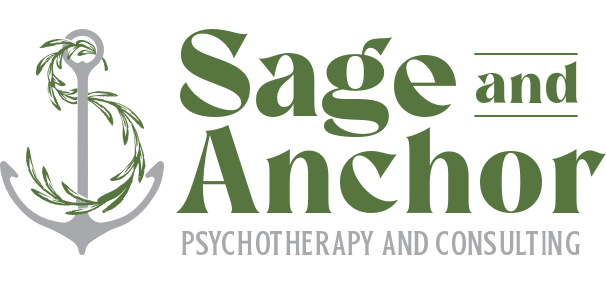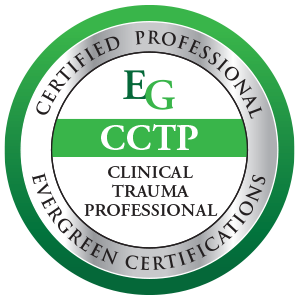What can I do with all these negative thoughts?
How do I start getting back to the real me?
Cognitive Behavioral Therapy (CBT) is considered the “gold standard” therapy for treating mental health disorders, such as Depression, Anxiety, Phobias, and Panic. CBT is also helpful in retraining your mind to start thinking in more positive ways, so you can be more prepared to handle life’s challenges.
CBT is structured and highly effective, so you can expect to see a decrease in your anxiety or depression symptoms in as little as 8-15 sessions. CBT can also be used on its own, or can be complimented with other therapies we offer, depending on the goals that you have for your recovery.
At Sage & Anchor, we will use CBT to help you:
- Discover how your thoughts impact your feelings and behaviors
- Understand and disrupt the major negative patterns in your thinking
- Practice nurturing self talk and how to managing stress more effectively
- Engage in fun and creative exercises to take charge of your feelings and behavior
- Get the results you want by providing helpful worksheets and resources
How do I know if CBT is for people like me?
- I often have negative thoughts
- I struggle with controlling my worry
- I have been diagnosed with Depression, Anxiety, Social Anxiety, Specific phobias, and/or Panic attacks
- I can’t seem to find my way out of my depression
- I have had some traumatic experiences
- I tried medication and didn’t like the side effects
- I find myself sleeping too much or too little
- I constantly feel stressed out and overwhelmed by life
- I want to be able to cope better when things come up
How does CBT work?
At Sage & Anchor, our therapists will help you talk about your experiences and identify some of the major negative patterns in your thinking. We will work with you on making connections between your thoughts and feelings, and how this impacts your behavior and attitude.
We will then focus on strategies for recognizing these unwanted thinking patterns, and coach you in gaining a more balanced perspective. Along the way we will teach you some practical skills in relaxation, stress management, self-advocacy, mindfulness, and building resilience for the future.
What will I be asked to do in a typical CBT session?
- Respond to questions to help you identify some stressful situations in your life (e.g. school, work, family, friendships, loss)
- Allow yourself to explore and become aware of how your “self talk” shapes your attitude and beliefs about these situations
- Dive into your thoughts and feelings to explore some of the deeper meanings that they hold for you based on past experiences
- Identify how some thoughts can be negative, distorted, or inaccurate, even if they may have helped you in the past
- Process these negative cycles with your therapist, so that you can develop more healthy ways of facing difficult truths and situations
FAQs
What is Cognitive Behavioral Therapy (CBT)?
CBT is one of the most trusted and effective therapies for treating anxiety, depression, phobias, and panic disorders. CBT helps people identify negative or unhelpful thought patterns, understand how these thoughts impact their feelings and behavior, and then provides the tools for changing these negative patterns. In as little as 8-15 sessions you can expect to see positive results!
Who can benefit from CBT?
CBT has been proven to be highly effective for people experiencing symptoms of depression, anxiety, obsessive-compulsive disorder (OCD), panic, or phobias. CBT has also been shown to help people who hold negative beliefs or are overly critical in their self talk by allowing them to identify and challenge these ways of thinking.


